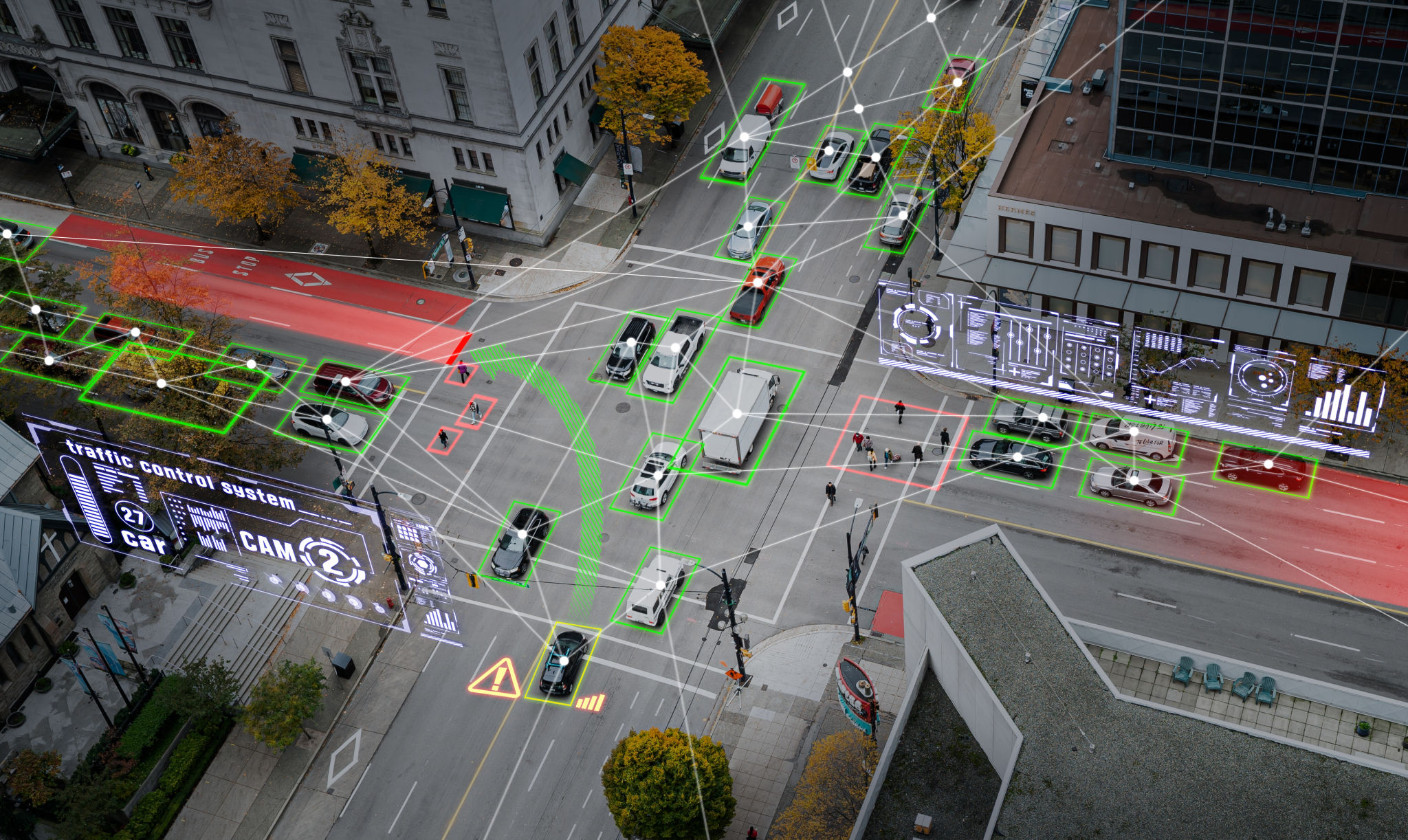Case Study: AI and Logistics Tech Solutions in Dubai's Growth
Introduction to AI in Logistics
In recent years, Dubai has emerged as a global hub for logistics and supply chain management, thanks in large part to the integration of advanced technologies. Among these technologies, Artificial Intelligence (AI) has been a game-changer, revolutionizing how logistics companies operate and thrive in a competitive market.
The adoption of AI in logistics has allowed for real-time data analysis, predictive maintenance, and improved decision-making processes. These innovations are not just enhancing operational efficiency but also driving down costs and improving customer satisfaction.

Key AI Technologies in Logistics
Machine Learning for Predictive Analytics
Machine Learning (ML), a subset of AI, is instrumental in predictive analytics within the logistics sector. By analyzing historical data, ML algorithms can forecast demand, optimize routes, and anticipate potential disruptions. This predictive capability allows logistics companies in Dubai to streamline operations and reduce delays.
Robotic Process Automation (RPA)
Robotic Process Automation has also become prevalent in Dubai's logistics industry. RPA automates repetitive tasks such as order processing and inventory management, freeing up human resources for more strategic roles. This technology not only increases accuracy but also speeds up operations.

Case Study: A Logistics Leader in Dubai
A leading logistics company in Dubai recently implemented a comprehensive AI-driven solution to enhance its operations. The company faced challenges related to fluctuating demand and inefficient route planning. By integrating AI, they achieved remarkable improvements.
The AI system provided real-time route optimization, taking into account traffic conditions and delivery windows. Additionally, the predictive analytics feature helped forecast demand more accurately, allowing the company to adjust its resources accordingly.

Impact on Operational Efficiency
The impact of AI on the company's operational efficiency was significant. They reported a 20% reduction in delivery times and a 15% decrease in fuel consumption. These improvements not only boosted their profitability but also enhanced their reputation among clients.
Furthermore, by leveraging AI for inventory management, the company was able to maintain optimal stock levels, reducing both overstock and stockouts. This balance is crucial for maintaining customer satisfaction and reducing waste.
Future Prospects and Challenges
As AI continues to evolve, its potential applications in logistics will expand further. Companies in Dubai are exploring the use of drones for last-mile delivery and blockchain for more secure and transparent transactions. These innovations promise to transform the logistics landscape even more.
However, the integration of AI is not without challenges. Issues such as data privacy, cybersecurity, and the need for skilled personnel to manage AI systems are significant considerations. Addressing these challenges will be crucial for sustaining growth in Dubai's logistics sector.

Conclusion
The case study of AI implementation in Dubai's logistics industry highlights the transformative power of technology. By embracing AI, companies can achieve enhanced operational efficiency, cost savings, and improved customer experiences. As Dubai continues to grow as a logistics hub, the role of AI will undoubtedly become even more critical.
As we look to the future, it is clear that AI will remain at the forefront of innovation in logistics, driving sustainable growth and development across the region.